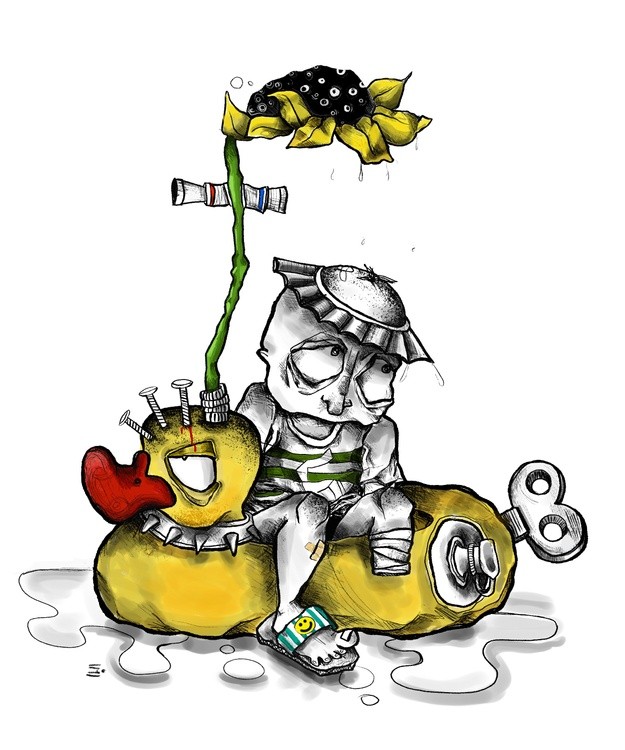

Are you overspending on the actions that don’t have meaning long term, or putting your best self into things that will matter to you in 10 years, like your family or the people whose lives you influence? As Henry Thoreau put it: “The cost of a thing is the amount of what I will call life which is required to be exchanged for it, immediately or in the long run.” (With thanks to readers Linda, Tjong-Liem, Bea, and Chet for their thoughts on this topic.) Spend your time like love: We vote on what means most to us with our energy and time, so consider where you’re investing your heart. And, in uncertain times, these brief exchanges signal to us that the world is a safe place write Emily and Amelia Nagoski in Burnout: The secret to solving the stress cycle. Readers Chet and Stuart both stressed this idea of turning outward instead of focusing on self in their notes about staving off cynicism. They tether us to each other and the world. It could be a two-minute conversation with someone waiting for a bus with you or a barista or someone in the dairy aisle, but those little moments of humanity can infuse ordinary days with meaning. (More in future editions.)Ĭonnect, connect, connect: Cultivate casual, friendly social interactions. So in that spirit, here are a few bits of the wisdom I’ve collected from experts and readers of this newsletter. But if Frankl and Gotlib are correct, it’s possible to have optimism in the face of collective tragedies, comprehend our lack of control over the future, and still kindle optimism about our ability to find connection and purpose. So the question I ask is how do we keep evolving in periods of stress? Can we incorporate gratefulness into our daily thinking, or will we succumb to self-pity or avoidance of anything ugly or difficult? Stressors don’t deliver growth and perspective automatically.


 0 kommentar(er)
0 kommentar(er)
